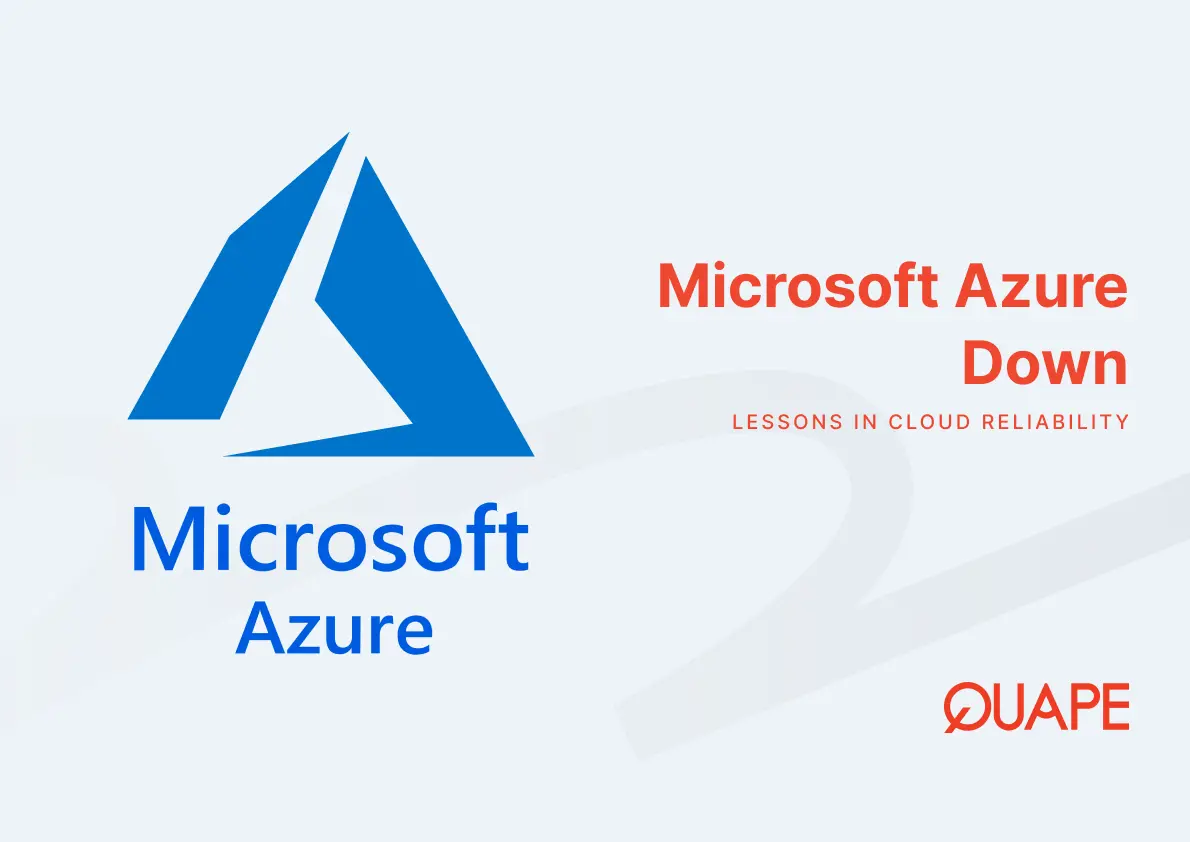In today’s digital world, having a reliable website is crucial for businesses, bloggers, and anyone wanting to establish an online presence. Behind every website is web hosting the service that makes your site accessible on the internet.
However, not all web hosting services are the same. One popular option is managed web hosting, which offers a hands-off experience for users. But what exactly is managed web hosting, and how does it differ from unmanaged web hosting? Let’s dive in.
Table of Contents
ToggleWhat Is Managed Web Hosting?
Managed web hosting is a type of hosting service where the hosting provider takes care of most technical aspects related to running your website. This includes server maintenance, security, software updates, backups, and performance optimization.
The key idea is to provide website owners with peace of mind by handling the complex backend tasks, allowing them to focus on their business or content rather than managing servers.
What Is the Difference Between Managed and Unmanaged Web Hosting?
The main difference lies in who handles the technical management. With unmanaged web hosting, the provider supplies the server and infrastructure, but the website owner is responsible for configuring, maintaining, and troubleshooting everything on their own.
This means installing software, managing security patches, handling backups, and fixing issues without much support. Unmanaged hosting is typically cheaper but requires advanced technical knowledge and time.
On the other hand, managed hosting transfers these responsibilities to the hosting provider. They proactively manage server health, perform updates, monitor for security threats, and provide technical support. This option is ideal for those who want to avoid the technical hassle and ensure their website runs smoothly with expert assistance.
How Managed Web Hosting Works
When you choose managed web hosting, the provider usually sets up the server environment optimized for your website’s needs. They continuously monitor the server’s performance, apply necessary software and security updates, and regularly back up your data.
If any issues arise, their support team steps in to resolve them quickly. You, as the user, mainly focus on managing your website’s content and business operations, not the technical infrastructure.
Several Types of Managed Web Hosting
Managed web hosting isn’t a one-size-fits-all service. There are different types designed to meet varying needs:
- Managed Shared Hosting
This type combines the affordability of shared hosting with managed services. The provider manages server upkeep and security, but your website shares resources with others. It’s suitable for small websites or blogs needing management without high costs. - Managed VPS (Virtual Private Server) Hosting
Offers dedicated server resources on a virtualized server with managed support. You get more control and power than shared hosting, plus the provider handles server management tasks. Ideal for growing businesses requiring scalability and performance. - Managed Dedicated Hosting
You get a whole physical server dedicated to your website or applications, with full management from the hosting provider. This option suits large businesses or high-traffic websites needing maximum resources and personalized support. - Managed WordPress Hosting
This Managed WordPress Hosting is pecifically tailored for WordPress websites, this service includes optimized server environments, automatic WordPress updates, enhanced security, and expert WordPress support. Perfect for bloggers, small businesses, or anyone focused on WordPress without wanting technical hassle. - Managed Cloud Hosting
Uses cloud infrastructure to offer scalable and flexible hosting with managed services. The provider manages the cloud servers, ensuring performance, security, and backups. It’s a great choice for businesses expecting variable traffic and needing high availability.
Also Read: What is Web Hosting and How to Choose the Right Provider
Benefits of Managed Web Hosting
Managed web hosting offers many advantages. First, it enhances security by ensuring your server and website software are always up to date and protected against vulnerabilities.
Regular backups and disaster recovery plans minimize the risk of data loss. Second, expert performance optimization means your website loads faster and remains stable even during traffic spikes.
Third, managed hosting provides dedicated customer support to help solve problems promptly. Lastly, it saves valuable time for business owners who may lack technical expertise.
Who Should Use Managed Web Hosting?
Managed hosting suits a wide range of users, especially those without in-house IT teams or deep technical skills. Small to medium-sized businesses, e-commerce stores, bloggers, and digital agencies benefit from this service because it reduces the workload related to server management and security. Anyone looking for a hassle-free way to maintain a reliable website will find managed hosting valuable.
Common Features Included in Managed Web Hosting
Most managed hosting plans come with automatic backups, malware scanning, security monitoring, software and plugin updates, and performance enhancements such as caching and content delivery network (CDN) integration. Providers also offer expert technical support to guide users through any challenges.
Cost Considerations
Managed web hosting typically costs more than unmanaged hosting because of the additional services and support provided. Prices vary depending on the provider, server specifications, and included features. Although it may seem more expensive upfront, the time saved and reduced risk often justify the investment for many website owners.
How to Choose a Managed Web Hosting Provider
When selecting a provider, look for strong uptime guarantees, responsive customer support, robust security features, and scalability options. Research popular providers, read user reviews, and compare the features and pricing to find the best fit for your needs.
Conclusion
Managed web hosting strikes a balance between performance, security, and ease of use. By offloading server maintenance, software updates, backups, and security tasks to your hosting provider, you free up time and energy to focus on what matters most: building and growing your website.
It’s especially beneficial for beginners or business owners who don’t have the technical expertise or simply don’t want to deal with it. Although the price is generally higher than unmanaged hosting, the added reliability, expert support, and reduced risk of downtime or data loss often justify the cost.
As online expectations grow, having a fast, secure, and professionally managed website can give you a real edge. Whether you’re running a personal blog, an e-commerce store, or a corporate site, managed hosting offers the stability and support to help you scale with confidence.
Frequently Asked Questions (FAQ)
Is managed web hosting suitable for beginners?
Yes, managed hosting is perfect for beginners because it removes the need to deal with complex server management. The hosting provider takes care of technical tasks like updates, server configuration, performance optimization, and security, so users without technical experience can run their websites confidently.
Can I upgrade from unmanaged to managed hosting later?
Yes. Most hosting providers offer flexible plans that let you start with unmanaged hosting and switch to managed services when your needs change. The transition is usually smooth, and support teams often assist with migrating your data and configuring your website to the new environment.
Does managed hosting support all website platforms?
Most managed hosting providers support popular platforms such as WordPress, Joomla, Magento, and Drupal. Some specialize in a specific platform for example, managed WordPress hosting offering customized tools and performance tuning. It’s important to check if your chosen provider supports the platform you’re using.
Will I have control over my website if I choose managed hosting?
Yes, you retain full control over your website’s content, appearance, and core settings. Managed hosting simply means that the server-level taskslike software updates, firewall configurations, and performance monitoring are handled by experts, giving you more time to focus on running your website.
Is managed web hosting more expensive than unmanaged hosting?
Typically, yes. Managed hosting includes premium services like expert support, automatic updates, daily backups, enhanced security, and performance monitoring. While the price is higher than unmanaged hosting, it can be cost-effective when you factor in the time and effort saved on maintenance and troubleshooting.
How often are backups performed in managed hosting?
Backups are generally performed daily, though some providers offer even more frequent or real-time backups depending on your plan. These backups include your site files and databases, and they help ensure that your data can be quickly restored in case of a technical issue or cyberattack.
- How to Decide Between Colocation and On-Premise? - October 20, 2025
- What Is a Rack Unit (RU) in Colocation Servers - October 15, 2025
- Getting to Know Tier 3 Data Center: What Are the Benefits? - October 14, 2025



